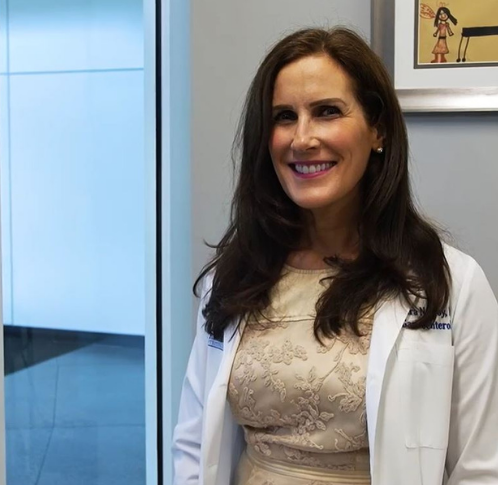Changing the Way We Operate
Moving the medical industry forward through education around the safety and advantages of in-office and clinic-based surgical suites.

The Critical Partnership Between the Clinical and Business Teams
Healthcare GDP is 9% of US GDP, 4th overall, weighing in at $2.3T. It’s also the largest source of government spending, at 28% of the federal budget (nearly doubling the DoD budget for the largest military in the world). Balancing clinical and quality of care requirements while also dealing with shrinking reimbursements and major consolidation…
Ambulatory Management Solutions Rebrands to Ambulatory Anesthesia Care (AAC)
One of the lynchpins of safe, effective surgery is exceptional anesthesia. Obsessive dedication to quality and dogged pursuit of innovation by groups like Mobile Anesthesiologists in Chicago, Noble Anesthesia Partners in Texas, and M2 Anesthesia, a pediatric dental anesthesia group in the PNW, are all part of a larger ecosystem of success. That success has…
Blog 
The Critical Partnership Between the Clinical and Business Teams
Healthcare GDP is 9% of US GDP, 4th overall, weighing in at $2.3T. It’s also the largest source of government spending, at 28% of the federal budget (nearly doubling the DoD budget for the largest military in the world). Balancing clinical and quality of care requirements while also dealing with shrinking reimbursements and major consolidation…
Ambulatory Management Solutions Rebrands to Ambulatory Anesthesia Care (AAC)
One of the lynchpins of safe, effective surgery is exceptional anesthesia. Obsessive dedication to quality and dogged pursuit of innovation by groups like Mobile Anesthesiologists in Chicago, Noble Anesthesia Partners in Texas, and M2 Anesthesia, a pediatric dental anesthesia group in the PNW, are all part of a larger ecosystem of success. That success has…
Anesthesiologists Are Essential to Patient Safety
With the growth of ambulatory surgery, there are increased efforts to meet demand. One approach has been changing requirements on physician-anesthesiologists in the OR, including two bills up for consideration in Illinois, both removing the requirements for direct anesthesiologist supervision of CRNAs or other providers when delivering anesthesia (1 and 2). While CRNAs are an…
Anesthesia and Value-Based Care: From surviving to thriving.
Portions of this piece on anesthesia and value-based care were originally published by Scope partner practice Mobile Anesthesiologists in Becker’s ASC review. It has been updated to reflect policy changes by CMS and changing landscape of non-hospital surgical care. While the backbone of value-based care is primary care and preventative medicine, inevitably surgical intervention is…
Scope Practice Spotlight: Mobile Anesthesiologists
The Competitive Advantage: The Mobile Way From the perspective of Chicago’s Mobile Anesthesiologists, the accelerating tailwinds of payers, patients, value-based care, and COVID-19 have had a positive impact on the physician office space over the past two years. In this post-COVID world, we will continue to see patients look for alternatives to hospitals and ASCs…
Data Series Part 3: Healthcare KPI Pitfalls and Measuring Useful Results
Once you have established key performance indicators (KPIs) that are measurable, influenceable, and have found that they align with a practice’s overall goals, the work really begins. After all, what good is data if you’re not going to use it? In order to determine how to actually use these healthcare KPIs that you have established,…
The Scope Podcast
PCCI’s Steve Miff on healthcare data and technology
Parkland Center for Clinical Innovation CEO Steve Miff joins us to discuss how healthcare data and tech can drive transformation.
KP Georgia’s Dr. Kate Koplan on population health
Kaiser Permanente’s Dr. Kate Koplan joins us to discuss her work in the field of population health and the importance of physician leadership.
Carrie Nixon on advising healthcare innovators
Carrie Nixon (Nixon Gwilt Law) joins us to discuss advising healthcare innovators, mistakes they make, and the future of the industry.
Q&A with Dr. Tara Troy: In-Office Procedures and My Practice
Recently, we sat down with Dr. Troy to discuss the realities, considerations, and advantages of bringing procedures in-office.
What Procedures are Physicians Performing In-Office?
One could make the argument that physician’s offices and clinics have always seen, to varying degrees, procedures performed therein. But in terms of modern medicine, surgeries and other procedures have taken place in office and clinic-based surgical suites since the 1970s, and with increasing regularity since the 1980s. Today, tens of millions of procedures are…

